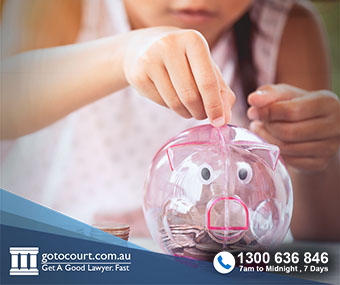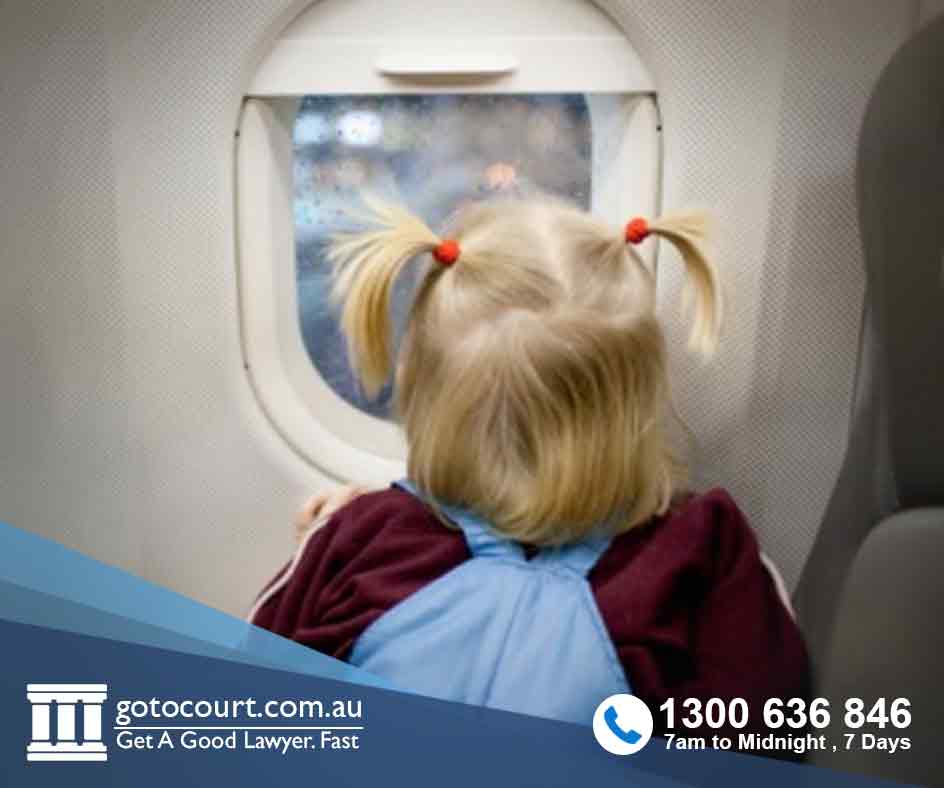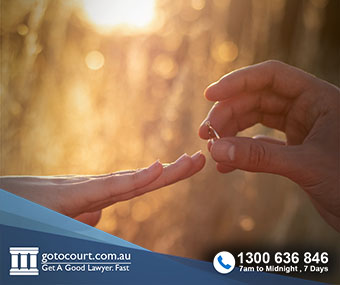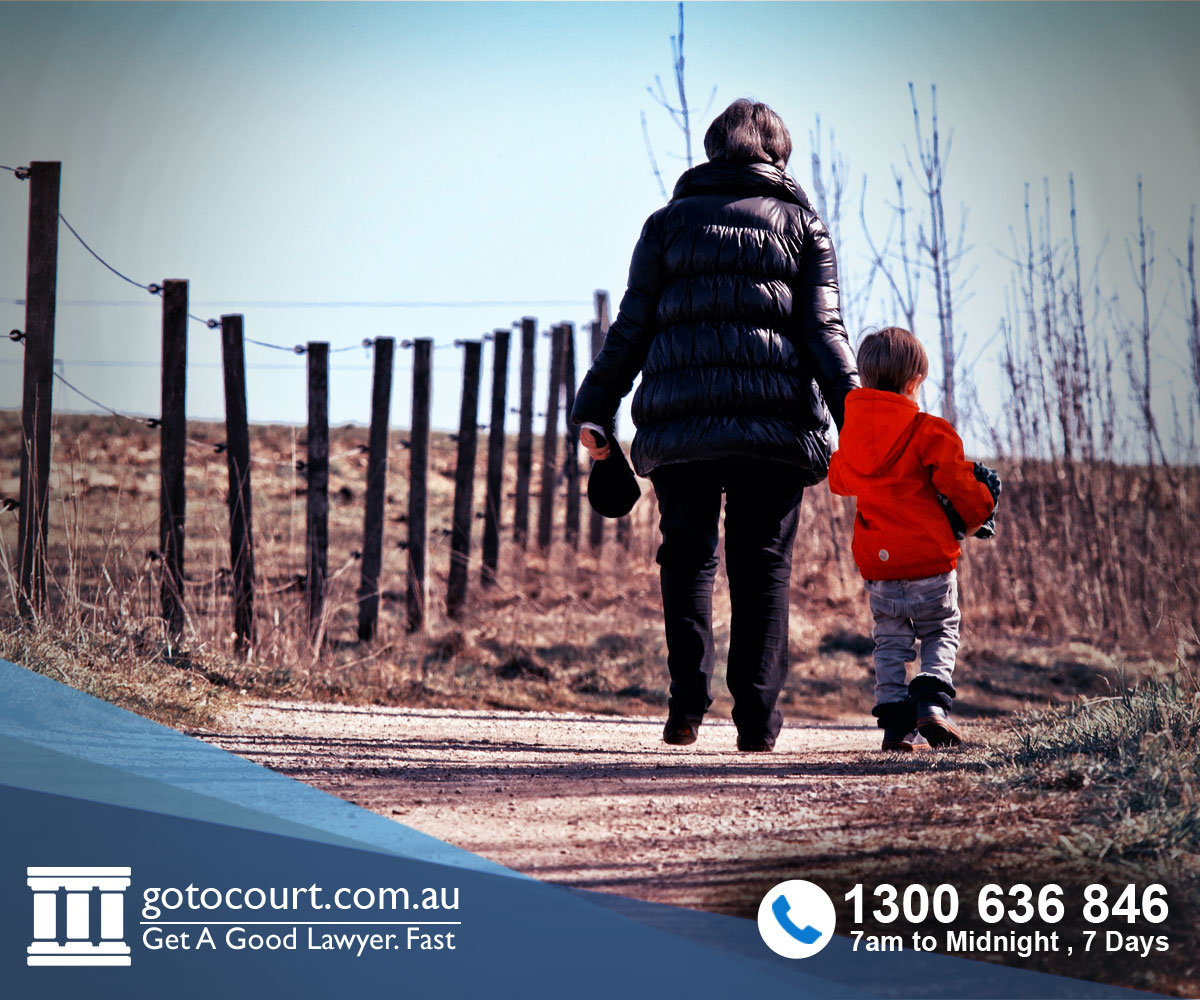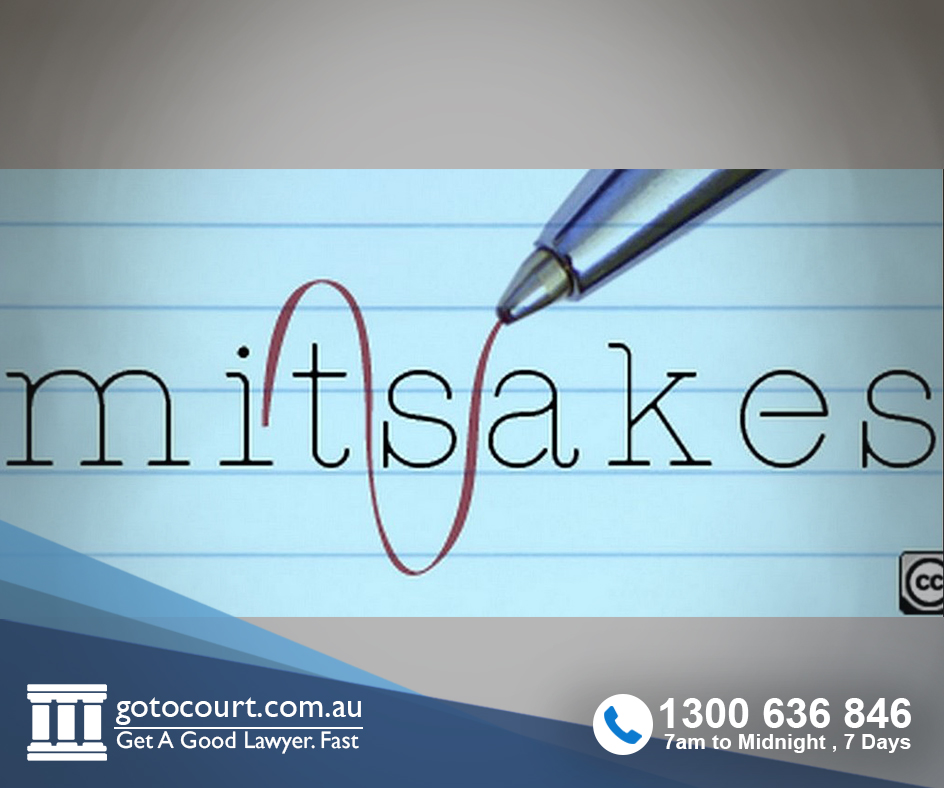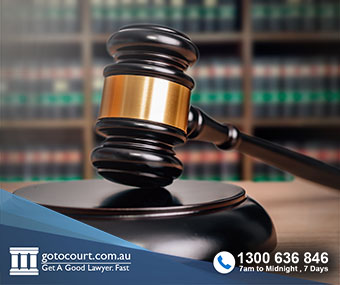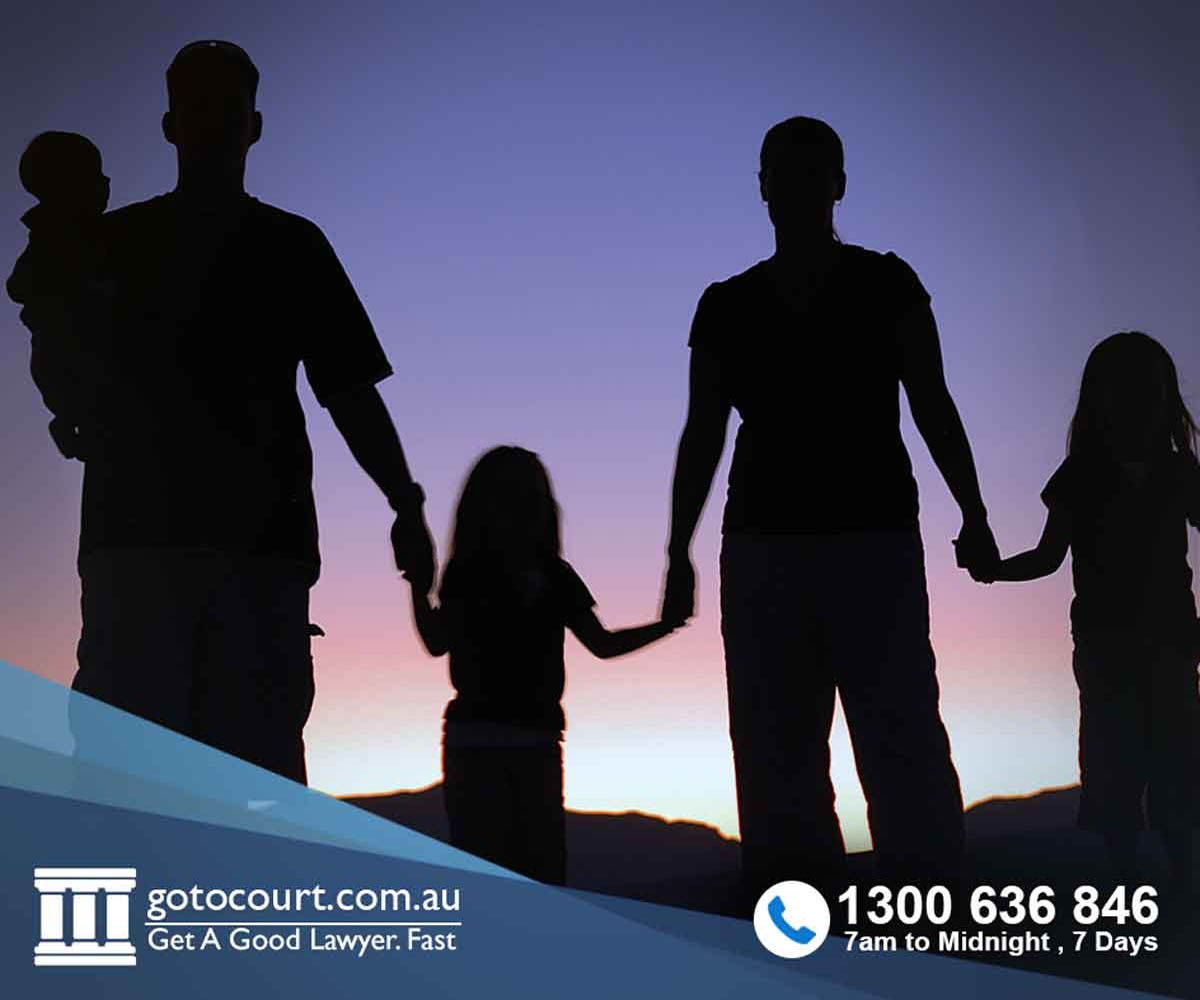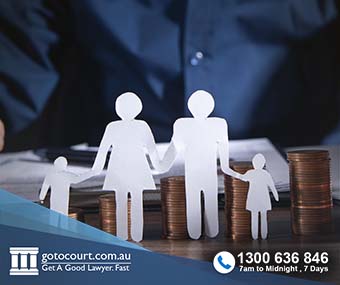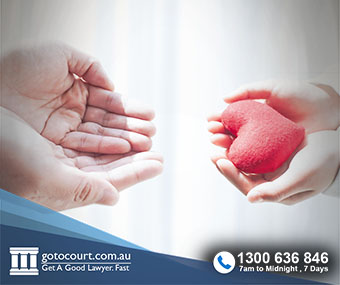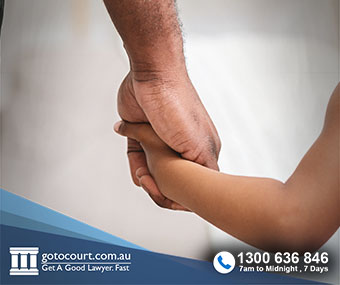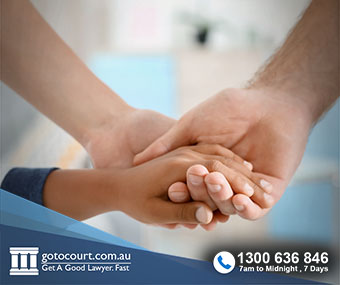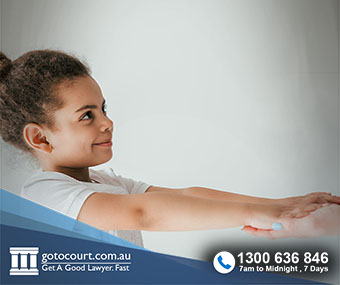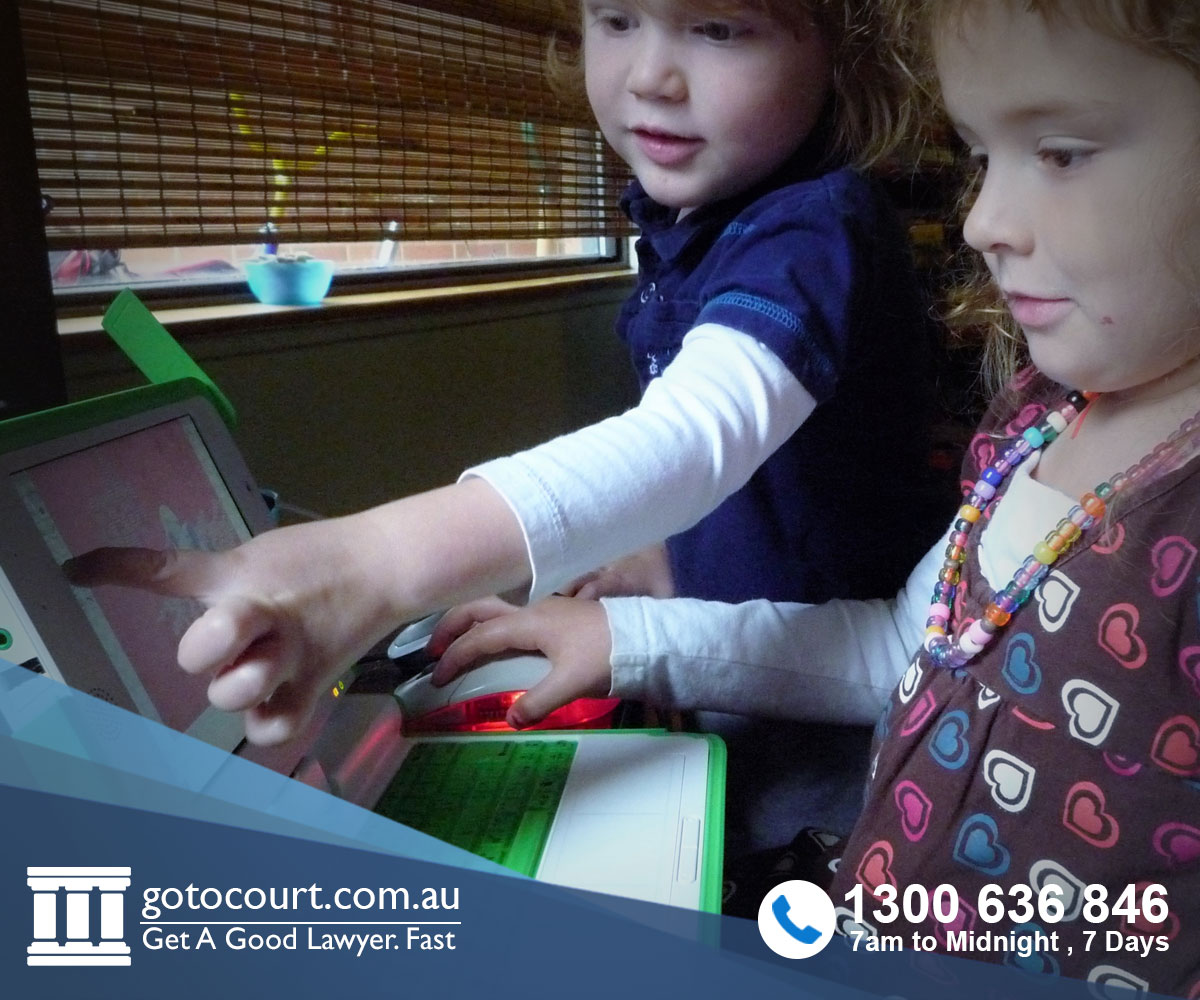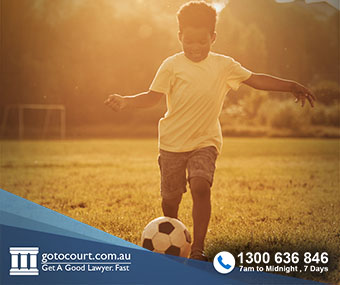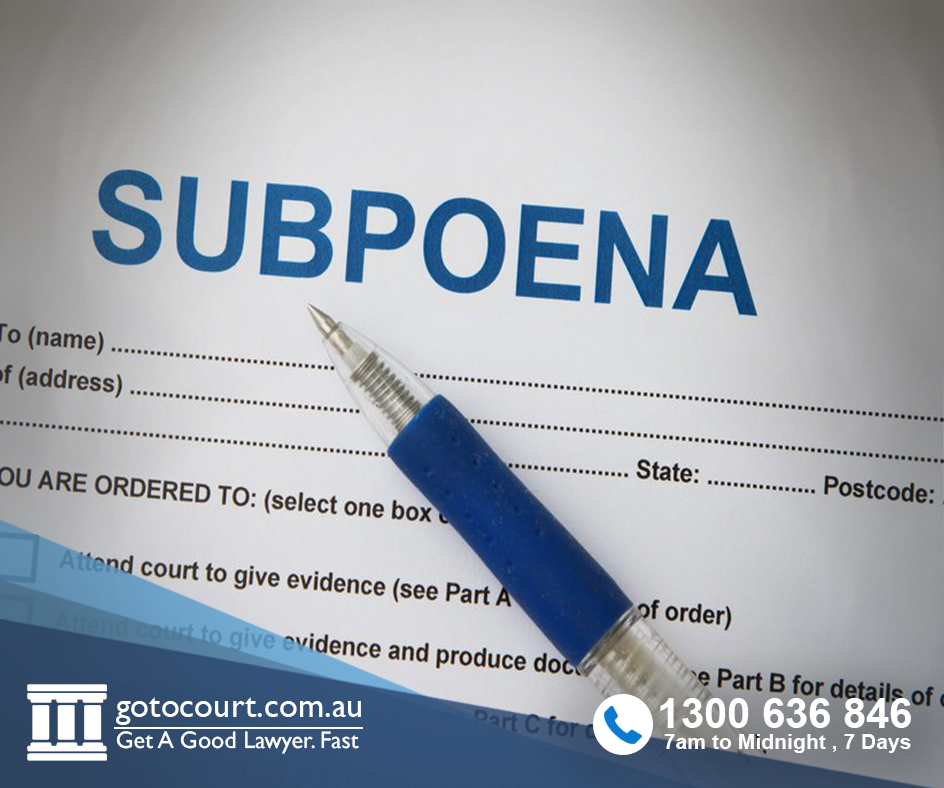Call our lawyers
now
or,
have our lawyers
call you
What is International Child Abduction?
Updated on Nov 09, 2022 • 6 min read • 281 views • Copy Link
What is International Child Abduction?
International child abduction most often occurs where one parent or guardian is originally from a country other than Australia, and, following the breakdown of a relationship, they wish to return to their home country with their child or children. To do so, they must either have the consent of the other parent or an order of an Australian Court.
If neither have been obtained, taking the child overseas is considered international child abduction and an offence, carrying significant consequences for the abductor and the children.
What is international child abduction?
In Australia, parents are presumed to have equal responsibility for each of their children even after they separate. They are generally both responsible for the major long-term decisions in the child’s life, including where the child is to live.
Children should not be taken overseas unless both parents consent. If there is a Court Order in place in relation to the child, or parenting proceedings are being dealt with by the Federal Circuit and Family Court of Australia (FCFCA), it is illegal to take the child overseas without consent.
A child is usually considered to be habitually resident in the country in which they reside with their primary caregiver. A child is abducted when they are wrongfully removed from their country of habitual residence or if they are wrongfully retained in another country. If, for example, one parent takes a child overseas without the other’s consent or in breach of a Court order, that is wrongful removal. If, on the other hand, one parent, with the other parent’s consent, takes a child overseas for a holiday but then does not return the child at the time agreed, or keeps them overseas indefinitely, that is wrongful retention.
What can you do to prevent international child abduction?
If you know the other parent of your child is considering taking your child overseas and not returning, you can apply to the FCFCA for Orders restraining them from doing so. The Court can make an Order for the child’s name to be placed on the Family Law Watchlist and a PACE alert or airport stop can be issued. The Watchlist is maintained by the Australian Federal Police (AFP) and is accessible at all international departure points in Australia. If a child’s name is on the list and they are attempting to leave Australia, the AFP will be notified and can prevent the travel.
In order to obtain a Court Order, you need to demonstrate to the Court why you consider there to be a risk the other parent will abduct your child. The Court will assess the risk and also the potential safeguards in place should the abduction occur. This assessment will involve consideration of the particular country to which the child is likely to travel and whether the government of that country has signed ‘The Hague Convention’.
What is The Hague Convention?
Australia is a signatory to the Convention on the Civil Aspects of International Child Abduction, more commonly known as The Hague Convention. All signatory countries have implemented their own legislation to give effect to the protocols set out in the Convention. These protocols specify when a child is considered to have been abducted, and set out a process for requesting, or complying with requests for, the return of the child.
How do I go about seeking the return of my child?
The Australian Central Authority (ACA) is the body in Australia that makes applications on behalf of parents in relation to The Hague Convention. This government body works with international government bodies and the Courts in each country to ensure the protocols of the Convention are followed.
An application for the return of a child must be made within 12 months of the abduction. Usually a Court will order that the child should be returned immediately to their country of habitual residence so that the Court in that country can determine parenting matters, as occurred with the Italian sisters. However, there are exceptions, such as if the child would be at grave risk of harm if returned to the country of habitual residence.
What if the country is not a Convention country?
Not all countries have signed The Hague Convention. The protocols are therefore not followed or applied in those countries and the ACA and Australian Government can do little in these circumstances, unless there is a separate similar agreement in place outside of the Convention.
If the country is not a signatory and no separate agreement exists, the only legal avenue is for a parent to seek legal assistance in that country and follow its legal process. You can obtain a list of family lawyers in other countries from the Department of Foreign Affairs and Trade (DFAT) Consular Office. This was the process that should have been followed in the Channel 9 Lebanon case.
Given that there is little Australia and the FCFCA can do to assist in the return of a child taken to one of these countries, preventing the child’s removal in the first place is key. The Court will be more inclined to restrain a parent from taking a child to one of these countries and will more readily add a child’s name to the Family Law Watchlist.
What if I do not know what country my child is in?
If you do not know where your child has been taken, you should still apply to the ACA for assistance in locating your child.
Which countries are signatories to The Hague Convention?
The countries which are currently signatories to the Convention and from which Australian children who have been abducted can be returned to Australia are:
[Table]
A number of other countries have signed the Convention but there is not yet an agreement in place with Australia for the return of children. These countries are:
[Table]
Although Egypt and Lebanon are not Convention countries, Australia has a separate agreement with both to deal with international child abduction.
T

Affordable Lawyers
Our Go To Court Lawyers will assist you in all areas of law. We specialise in providing legal advice urgently – at the time when you need it most. If you need a lawyer right now, today, we can help you – no matter where you are in Australia.How It Works







1. You speak directly to a lawyer
When you call the Go To Court Legal Hotline, you will be connected directly to a lawyer, every time.


2. Get your legal situation assessed
We determine the best way forward in your legal matter, free of charge. If you want to go ahead and book a face-to-face appointment, we will connect you with a specialist in your local area.


3. We arrange everything as needed
If you want to go ahead and book a fact-to-face appointment, we will connect you with a specialist in your local area no matter where you are and even at very short notice.

